|
With support from TFish, this project aims to support poverty-stricken villagers living in Huining county, Gansu province. The project provides microloans to promote income and provide development opportunities for the villagers. Since 2013, we have been involved with community development work in Lucha village. Although we achieved satisfactory results, there were a few families who improved slowly because of many factors. We have to give more attention to these families. The following is an interview we did with Uncle Huang’s family a few days ago while working at the village. Soon after we arrived, Uncle Huang’s son came home from school at noon. The father and son sat in the middle of the yard and basked in the sun while talking about the son's education. (Uncle Huang’s son was one of the poor students that was funded by the Western Sunshine Foundation). Uncle Huang said that there was little water left at home, so he needed to carry the water back from a fountain in the ravine under the cliff. The fountain was used by the previous generations. The water was a little salty (brackish water), but still drinkable. Uncle Huang said he bought two buckets for eight dollars each, back when he was in his twenties. They were in good quality and he used them a lot, but now they leak a little bit. When Uncle Huang was carrying the water back, his son, who is a third grader suffering from a mild case of cerebral palsy, saw his father fetching water, so he helped open the lid of the water tank. The tank was nearly full, after the two buckets of water were poured in. Risking SuccessWhen it comes to microloan projects, there's always the question—will the money be returned? Our field partner has had experience in these projects since 2006, when community development projects were implemented in 3 administrative villages in Huangzhong county of Qinghai province. The same model and methods that were used there have been used elsewhere. Last year our partner visited one of the villages in the microloan project. They had offered tens of thousands of RMB to the village at the beginning, and the fund was left to the village when the project was completed. Our partner has distributed a total of 800,000 RMB ($120,000 USD) in loans in 10 years. With the efforts of the villagers, the village has changed a lot. The village committee also got a prize from the local government. Lucha Village ProjectTFish decided to support the pilot microloan project for Lucha village, although we weren't sure what the outcome would be.
With the support of TFish, this project aims to support poverty-stricken villagers living in Huining county, Gansu province. The project provides microloans to promote income and provide development opportunities to the villagers.
Return of micro loans in Lucha village From April 12 to 16, project workers were staying in Lucha village and did work for micro loans returning. During the visits, we found the villagers use the loans to raise sheep and cows which increased their income (above 2000RMB). The workers thought the project had received good output and the villagers satisfied with it. They hoped to be supported in the future. A pilot project in partnership with Qinyuan in Gansu Field Visit Dates: January 13–15, 2016 Location: Caizi community in Lucha village, which is in Huining County of Gansu Province Representatives and Report Authors: TFish Staff Chang Aiju, Guan Yin, and Wang Li Follow-Up Visit Objectives:
Microloans for WomenThe Microloans for Women was a pilot project launched on May 12, 2015, when twenty families were selected for loans of 2000 yuan (about $320 USD) each. Their investments were in livestock of their own choice. The project is co-sponsored by Transparent Fish Fund and Qinyuan Rural Development in Gansu. TFish contributes the loan capital, while Qinyuan manages the local affairs.
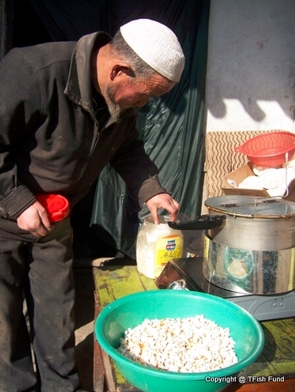 Uncle Mao was making popcorn Uncle Mao was making popcorn With the support of TFish, this project aims to support poverty-stricken villagers living in Huining county, Gansu province. The project provides microloans to promote income and provide development opportunities to the villagers. I was impressed by the face of Uncle Mao when I first met him in 2006. His face was full of wrinkles. He was almost 60 at that time. He was not married and stayed with his old mother. He took care of her, so he had to find temp jobs to do around the village. During the slack season, he would leave the village to do temp jobs. As he grew older, the income only came from the fields, which was only enough to meet the basic needs of life. Entrusted by my friend, I was tasked with finding poverty-stricken families in the village. After visiting 5 households, Uncle Mao was one of the ones I chose. I gathered the families and asked them to choose one item to generate their income. Most people chose sheep farming, but Mao chose differently. He said, “I do not want to raise sheep. I want to buy a popcorn machine. I saw some people in the county doing popcorn. Furthermore, popcorn selling does not require going around the mountains. I can just find a place in a market.” I agreed, for everyone has the right to choose what he wants to do. Uncle Mao and I bought the set of popcorn machine and materials in the county. We set the machine on his old tractor. We shook hands and said goodbye to each other. He started the tractor and disappeared on the road home. When I met him again one month later, he gave me a big bag of popcorn. He was telling me costs and interests of his little business while I was eating. With the support of TFish, the project aims to support with micro loans to housewives from a poverty-stricken village in Huining county, Gansu province. It will promote income and provide development opportunities to women in the villages.
1) On August 3, registration work for Gansu Qinyuan Social Service Center has been going on. Most of paper work has been done. We are waiting for the evaluation in September. 2) During August 1 to 10, staff visited 13 households in Lucha village for micro loans. They did supervision for their current livestock farming. The situation is fine. 3) On August 8, we held a workshop on Community Building for rural areas in Tianshui city with Oxfam and several partners. We hope to improve organizations’ awareness on community that they are serving for, keep and develop village culture and promote the overall development of rural areas. 4) During August 19 to 26, over 90 sets of desks and chairs were donated to Shigou Primary School by 2 companies. The interaction activity would be held on 31st of this month. 5) On August 10, toilet building work supported by Oxfam was ongoing in Lucha village. The project would promote 83 households to build their own toilet. 6) On August 28, we will participate in training held by Gansu Social Foundation. The training aims to promote personal capacity building for staff working for development organizations. The contents include relief, fund-raising, personal relationship, etc. The training also aims to promote development and cooperation between organizations. Original article written by Manting Wang, translated by Maggie Li, and edited by Yanyan Zhang With the support of TFish, this project aims to support housewives from a poverty-stricken village in Huining county, Gansu province by providing microloans. It will promote income and provide development opportunities to women in the villages. This lady's name is Ma Yuying. She is 48 and has 3 children. Her son is in Lanzhou Communication University and her 2 daughters have gotten married. Ma Yuying says she bought 2 sheep with the 2,000 RMB ($300 USD) loan. The two sheep gave birth to lambs and she sold them for 1,500 RMB ($225 USD). She used the money and her savings to open a little store that sells daily necessities. This is the store they built with about 20,000 RMB ($3,000 USD). It has been in operation for 2 weeks. When we asked about prices, she said they sell things cheaper than in the city, which benefits the villagers. We also conducted group interviews of the women. Some of the men also came. The women gave their seats to the men, which is a long-established custom in the village. However, we insisted that the women should sit on the chairs while the men sat on the ground. Group Interviews outside the store
With the support of TFish, the project aims to support with micro loans to housewives from a poverty-stricken village in Huining county, Gansu province. It will promote income and provide development opportunities to women in the villages
On June 2, 2015, 2 teachers from TFish and a development worker from Qingyuan Rural Development went to Lucha village. They did evaluation job for micro loans for women. For 3 days, they visited households and did interviews and video for 20 households. They got to know situations on development micro loans for women in villages. Meanwhile, they learned more about the life situation of women in the village. Women from 20 households joined micro loan project. All of them chose husbandry forming. 2 households would raise cow and 18 households would raise sheep. The families have bought 2 sheep to develop the project. Changes in the village: When villagers talked about the project, they would mentioned about the project. They became aware of the project. Villager A, “when I had the loan, I bought a female sheep the next day and 2 lambs. Then I bought another sheep. The lambs grew up and the price raised. A lamb can earn 200RMB more.” Villager B, “I bought 2 sheep with the loan and they gave birth to a lamb. One of the sheep was dead. It was pity. When the lamb become bigger, I can sell for a good price.” Villager C, “I bought 2 female sheep and one of them gave birth to 2 lambs. The female sheep just fed one lamb, so I had to buy a few bags of milk powder for it. Now the lamb always follows us. We became sheep mother.” Original article written by Cunjun Ma, translated by Maggie Li, and edited by Yanyan Zhang With the support of TFish, the project aims to support with micro loans to housewives from a poverty-stricken village in Huining county, Gansu province. It will promote income and provide development opportunities to women in the villages
After a long time preparation, the funds come into place. Funds would be distributed. To know more about the willingness of the women, we completed interviews for 26 households. After interviews, we got to know the ideas of the women in development. Based on it, we distributed the loans. 24 households applied the loans, but our funds can only support 20 households. We finally chose to give loans by means of lottery. 20 households were selected and the loans for each is 2000RMB, the cycle is 10 months. There are 26 households in Lucha village. Most of them are left-behind senior citizens and children. Manual workers are a gap. Most of them are with low education and less idea in development. The villagers raise livestock and do plantation to make ends meet. For the use of loans, they chose to raise cow or goats. To ensure the proper use of the funds, we calculated the numbers of livestock they had, so that we know if the loans have been used in raising livestock. After signing the contract, we distributed the loans. The villagers were surprised and said it was more efficient than the bank. We wanted them to receive the money as soon as possible and motivated the development for the women. The women with loans said they would buy more goats. The next day, we visited a small bazaar near the village. I saw many familiar faces. They were buying goats and some of them were bargaining the price. They have acted very quickly. Original article written by Cunjun Ma, translated by Maggie Li, and edited by Yanyan Zhang |
TFISH FUND BLOGWe update news and reports directly from the field written by our NGO partners daily. Top PostsPHOTOS & VIDEOSIN THE NEWSCategories
All
Archives
August 2017
|
|
© Copyright 2011. All rights reserved.
171 Main St. #658 , Los Altos, CA 94022 | [email protected] | 501(c)(3) Tax ID: 45-2885139 |

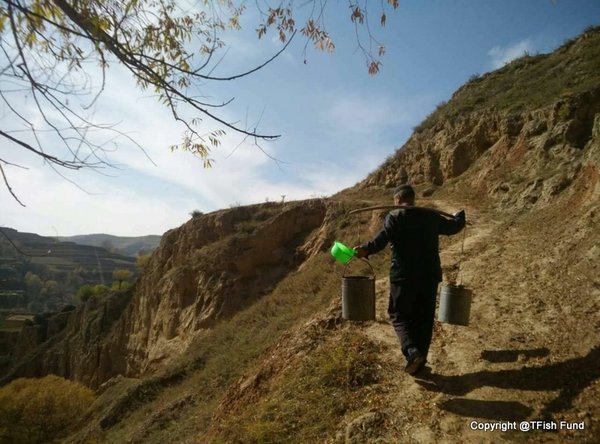
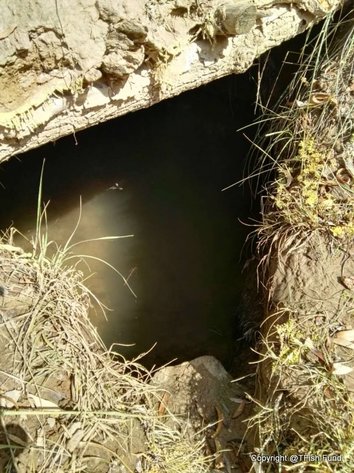
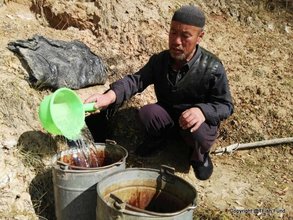
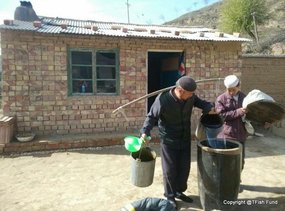
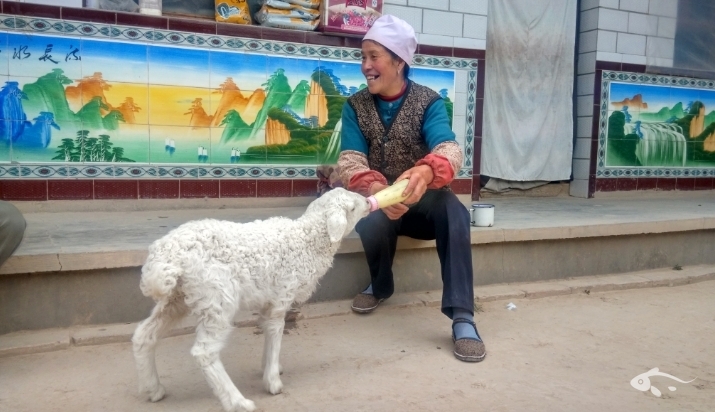
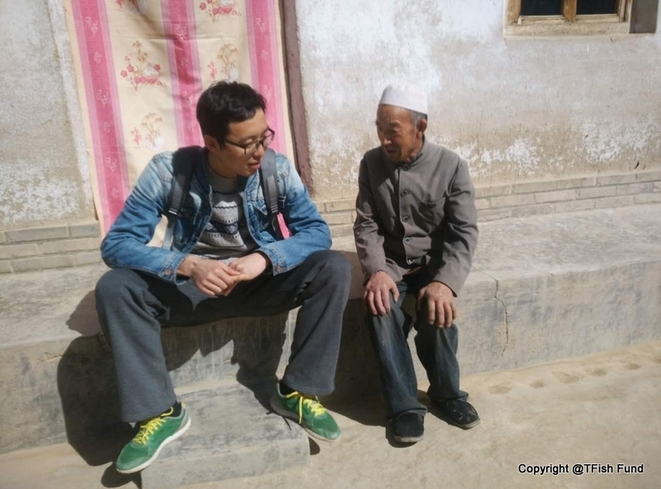
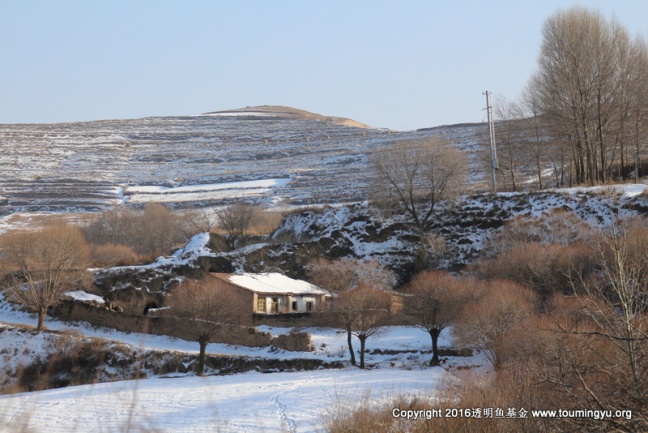
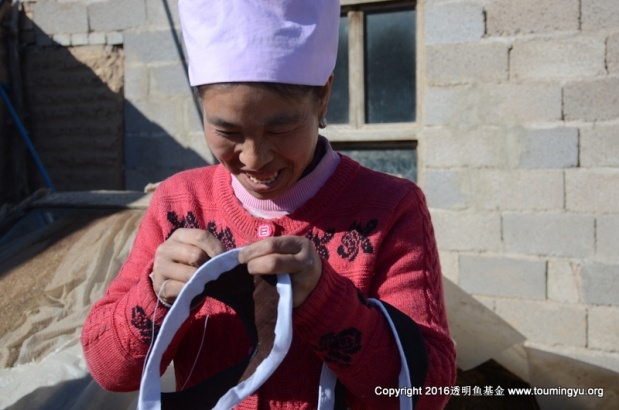
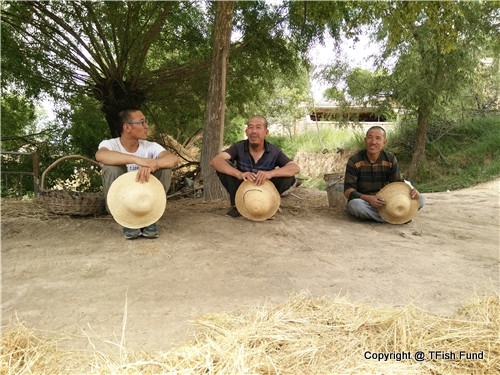
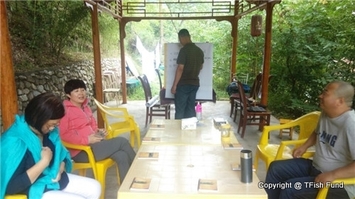
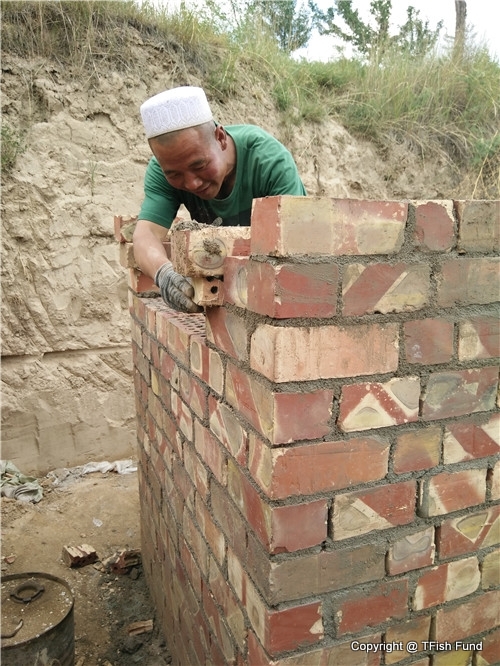
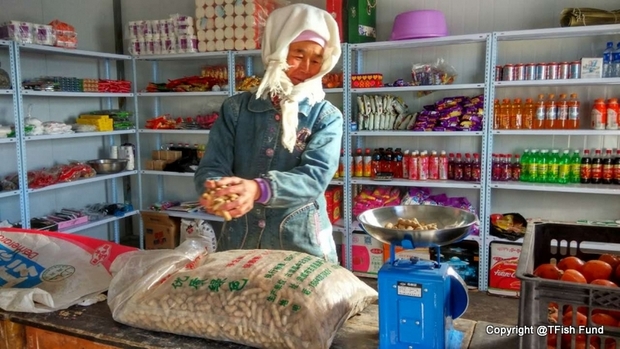
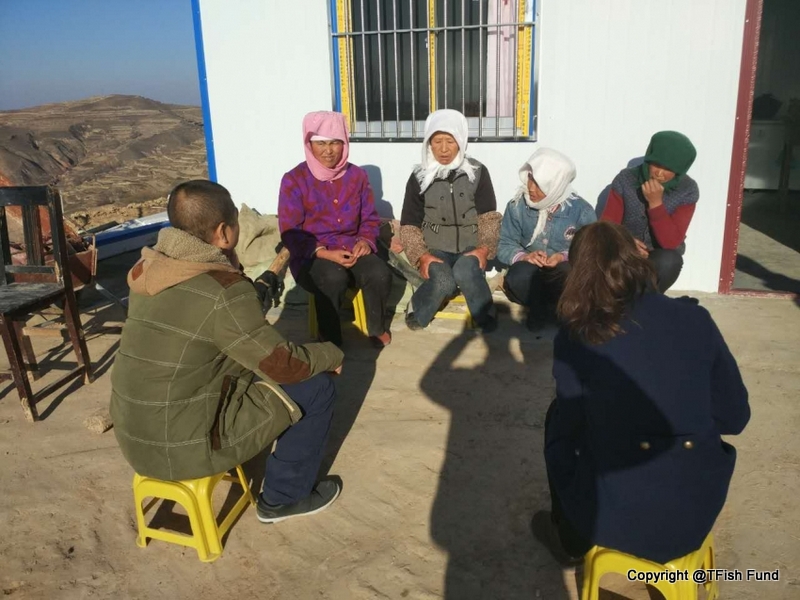
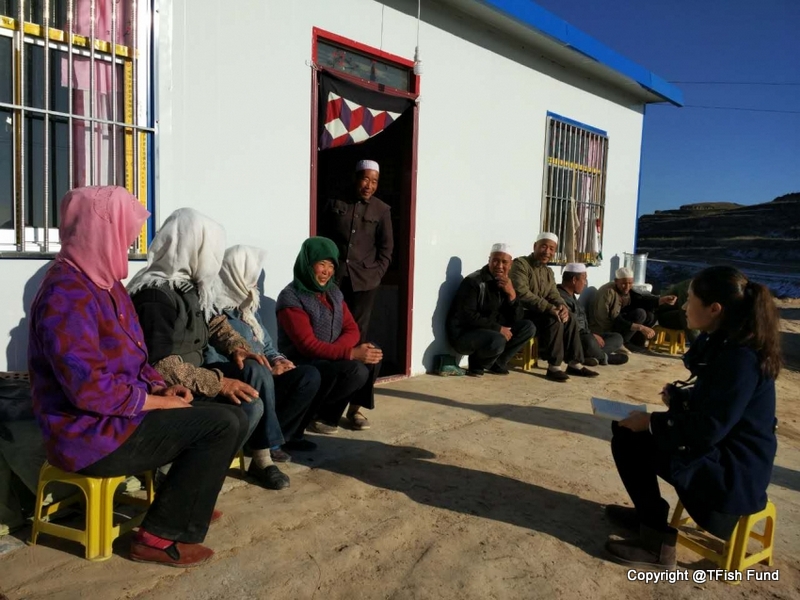
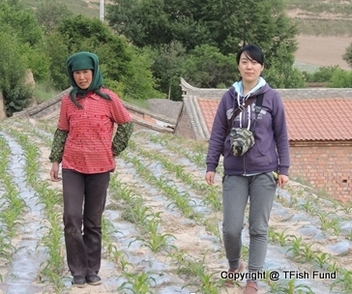
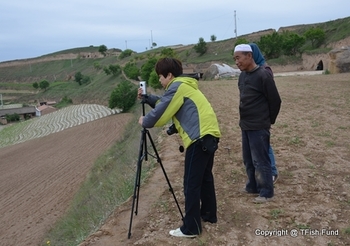
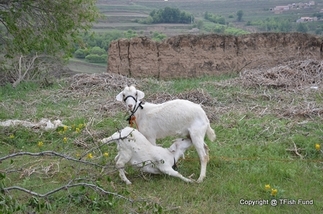
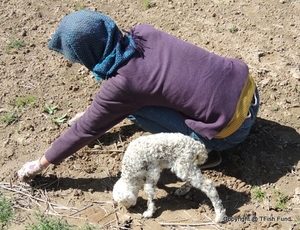
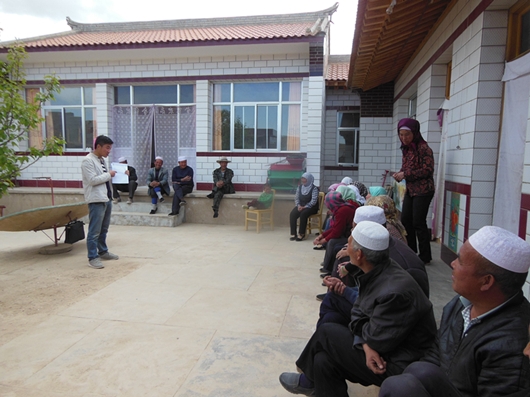
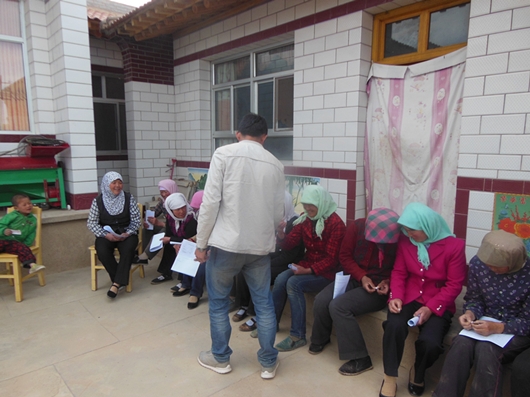
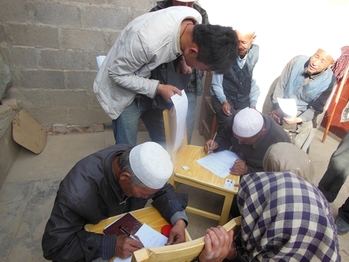
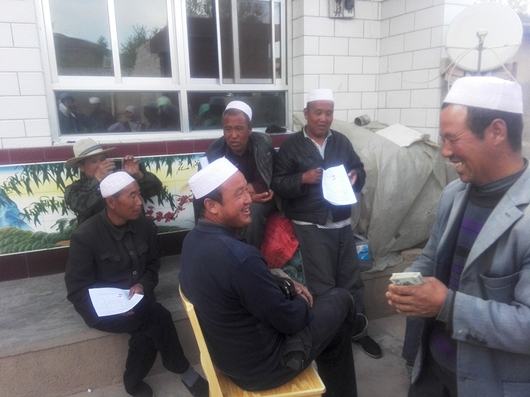

 RSS Feed
RSS Feed